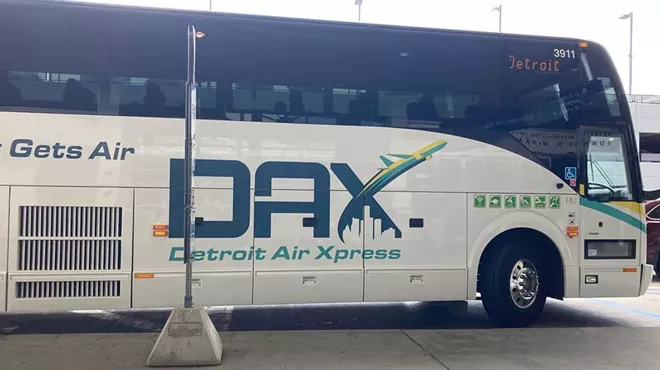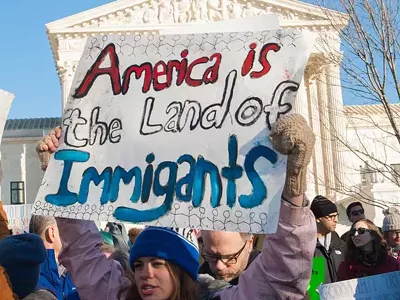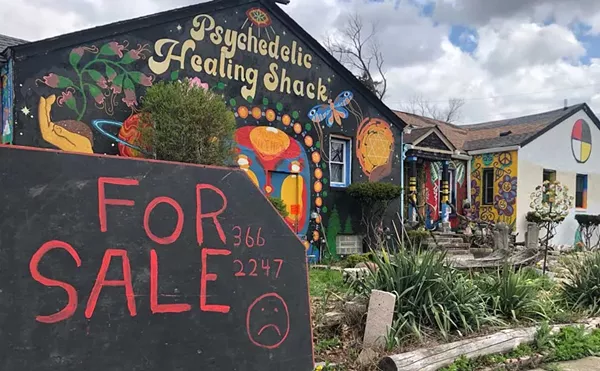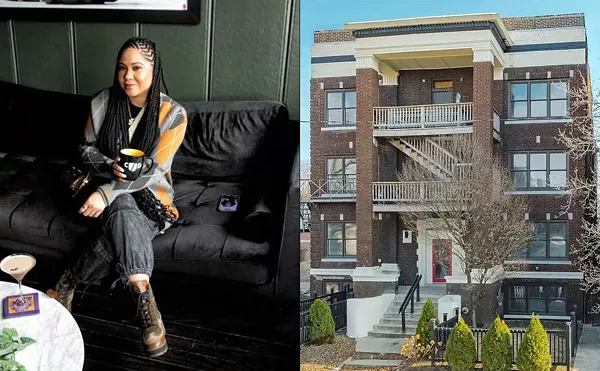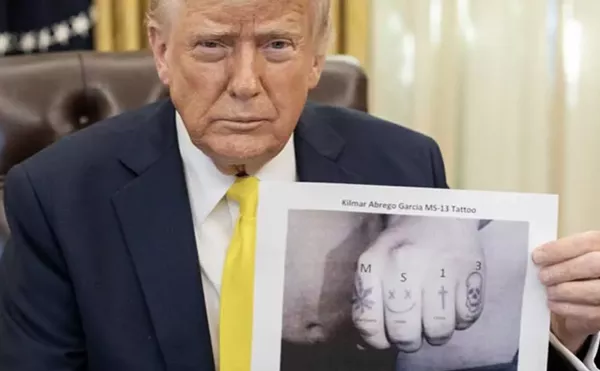Opinion: A decade after construction the QLine began, we still need more opportunity for riders
Public transportation should be subsidized across the region, not just in downtown and Midtown
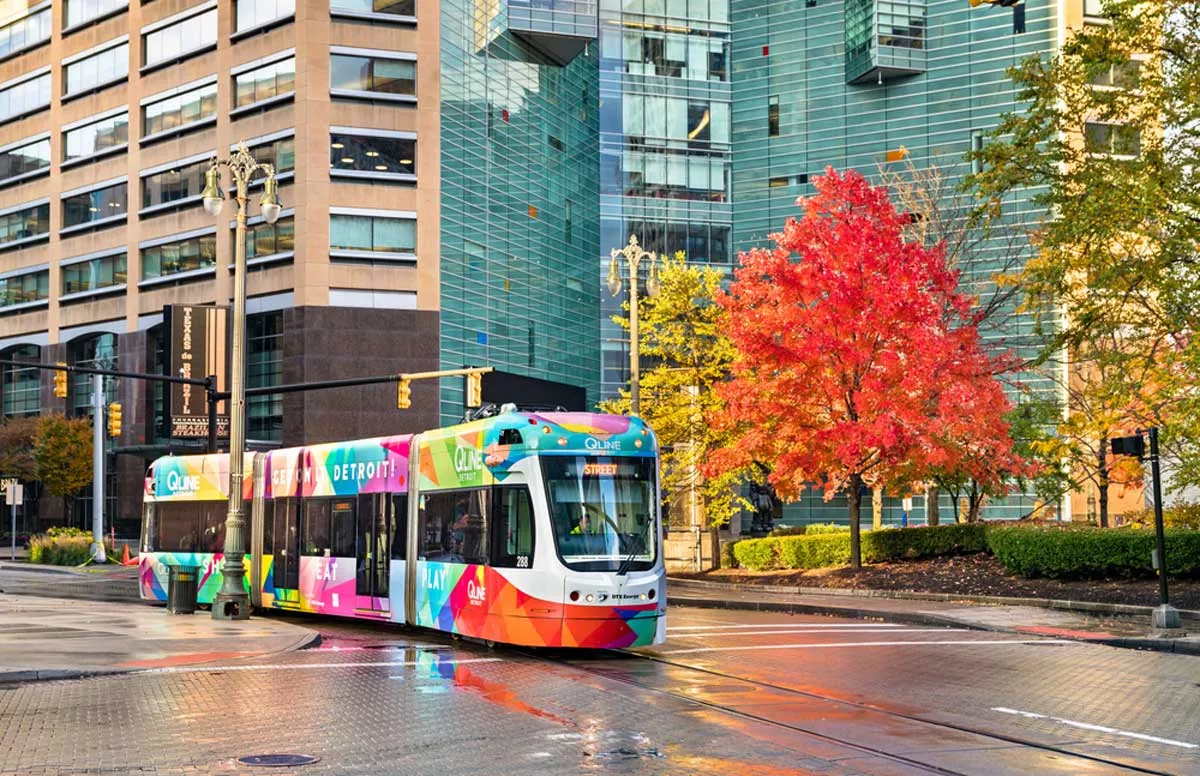

Audio By Carbonatix
[
{
"name": "GPT - Leaderboard - Inline - Content",
"component": "35519556",
"insertPoint": "5th",
"startingPoint": "3",
"requiredCountToDisplay": "3",
"maxInsertions": 100,
"adList": [
{
"adPreset": "LeaderboardInline"
}
]
}
]
Effective October 1, the QLine is under new management — yet a decade after its construction began the streetcar retains the same characteristics of an example of injustice as a separate and inequitable transportation option. Here in the nation’s largest majority Black city, the QLine advantages primarily residents and suburbanites who live, work, and play in the quickly gentrifying, white and affluent neighborhoods of downtown and Midtown.
Referred to as a catalyst for regional transit, the initial private investment bankrolled by local billionaires is now owned and operated as a government entity by the Regional Transit Authority of Southeast Michigan (RTA). Taxpayer dollars from the tri-county region now cover operations and capital funding costs of the QLine. An example of government subsidy and favor is reflected in the free fare rides offered on the QLine until late 2030s. These fares are in part supported by State tax revenues from hotel and liquor sales.
The idea of a rail transit system was generally embraced in 2011, initially proposed as the Woodward Light Rail that would reach Eight Mile on the first phase of development. This proposed project would have initially connected riders from across the city of Detroit to south Oakland County jobs, schools, and services, as well as potentially transit-oriented development options along the route. However, corporate interests undercut the voices of the transit ridership community. Billionaires matched philanthropic dollars with federal Transportation Investment Generating Economic Recovery (TIGER) grant resources provided by the Obama administration intended to improve public transit systems. Instead, these funds went toward a scaled-down version of the project today we know as the QLine.
Years later, the priority and investment in a connected regional transit system has failed to materialize. The State’s largest transit system, the Detroit Department of Transportation (DDOT), seems an afterthought despite an average monthly ridership of more than 1 million as evidenced the past several months.
DDOT’s funding has been flat due to austerity budget policies of the current city government, which has been spending the bare minimum of the city’s annual budget. DDOT has a dedicated constituency of Detroiters who rely on DDOT as their primary means of transportation, who live and work in the city, raise their families, and maintain their household, all while grappling with the cost of unreliable transportation.
In contrast to the QLine’s free fare policy, consideration for a low-income fare that could reduce the price of fares and passes for some DDOT essential riders fails to get traction with local elected officials. Further, the failure to factor DDOT into conversations on attracting and retaining new residents and investments and as an essential element to developing thriving neighborhoods speaks to the inequity of the two systems and who is most harmed by this lack of investment.
As the City of Detroit begins to draft the budget for the 2025-2026 fiscal year, we need businesses, civic leaders, and employers to join the voices of essential bus riders and allies of public transit and demand increased and intentional funding for DDOT operations. In the absence of this advocacy, the recent RTA takeover of the QLine perpetuates the separate and unequal treatment of a people rooted in historical and inequitable policies — hardly the mark of a city intent on advancing a narrative of recovery and positive change.
Renard Monczunski is a transit justice organizer with the Detroit People’s Platform (DPP). DPP works for real Community Benefit Agreements and advocates and organizes for truly affordable housing and public transit that responds to the needs of Detroiters.

